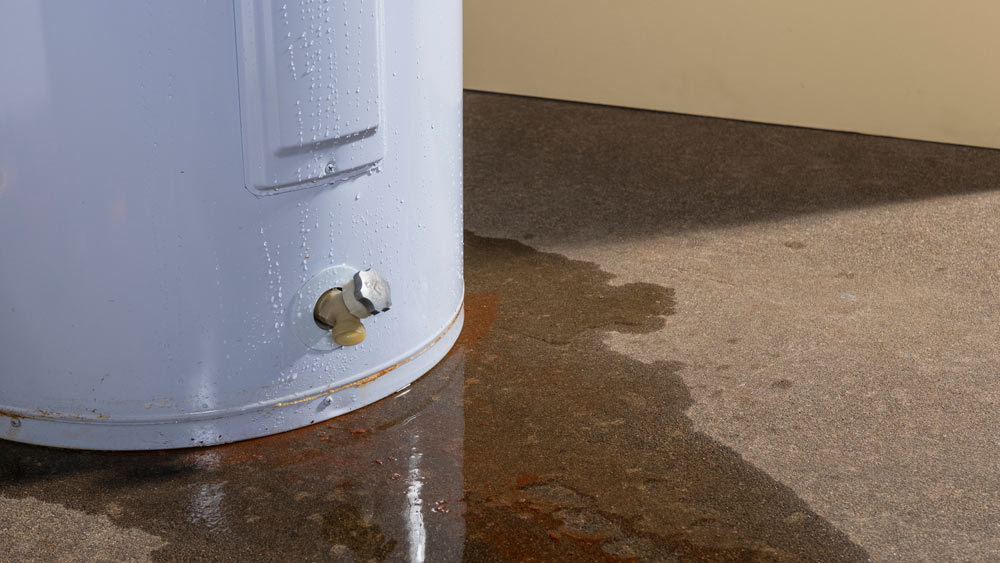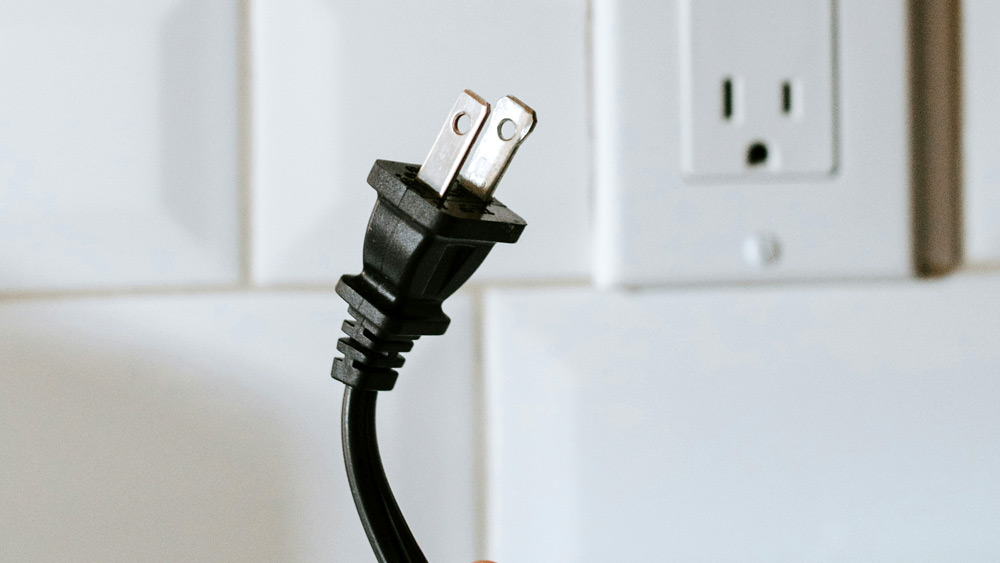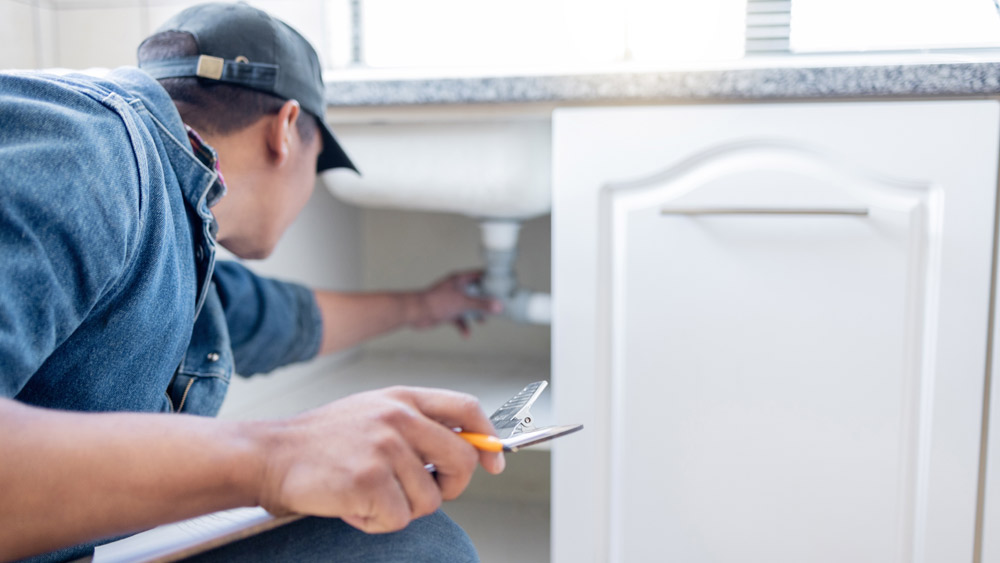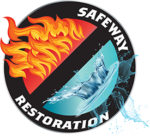In many households, appliance leaks are a common but often underestimated issue. Whether it's a dripping refrigerator, a malfunctioning water heater, or a leaky dishwasher, these seemingly minor problems can quickly escalate, leading to significant damage if not addressed promptly. The urgency of tackling appliance leaks must be addressed. Immediate action not only helps prevent water damage to floors, walls, and other fixtures but also safeguards against potential mold growth and electrical hazards. Understanding the risks associated with appliance leaks and the importance of rapid response is crucial for maintaining the integrity and safety of your home.

Understanding Common Sources of Appliance Leaks
Appliance leaks, though often overlooked, can cause significant household damage. Understanding the various appliances prone to leaks and the reasons behind these occurrences is essential for prompt and effective intervention.
- Refrigerator Leaks: Refrigerators are among the most common sources of leaks. These leaks can occur due to a blocked defrost drain or a damaged or clogged water supply line. Regular maintenance and checking the integrity of the water lines can help prevent these issues.
- Dishwasher Leaks: Dishwashers are another frequent culprit. Leaks often stem from worn-out door seals, loose or damaged valves, or issues with the water inlet. Ensuring proper installation and routine inspections can mitigate these risks.
- Washing Machine Leaks: Washing machines can leak for various reasons, including overloading, damaged door seals, or faulty water hoses. Regularly checking the hoses for cracks and avoiding overloading can reduce the likelihood of leaks and washing machine floods.
- Water Heater Leaks: Water heater leaks can be caused by corrosion in the tank, a malfunctioning temperature and pressure relief valve, or loose drain valves. Periodic inspections can help catch these problems early.
- Air Conditioner Leaks: Air conditioner leaks mainly occur when the condensate drain line becomes clogged, causing water to back up and leak. Regular cleaning of the line is vital to prevent this issue.
- Plumbing Fixture Leaks: General plumbing fixtures can also be sources of leaks. Wear and tear, high water pressure, or corrosion can lead to leaks in pipes and fixtures — that might mean a bathroom flood!
Recognizing these potential issues and understanding the root causes can help in early detection and prevention of appliance leaks, thus safeguarding your home from extensive water damage.

I Have an Appliance Leak. What Do I Do? 8 Steps
Discovering a leak in any household appliance calls for immediate action to minimize damage and prevent further complications. Here are the first steps you should take upon detecting a leak:
- Turn Off the Water Supply: If possible, locate and shut off the water supply to the leaking appliance. This immediate action can prevent further water from exacerbating the issue.
- Disconnect Power: For safety reasons, disconnect any electrical power to the affected appliance, especially if the leak is near electrical outlets or the appliance is powered.
- Contain the Water: Use towels, buckets, or any available materials to contain and absorb the water. This helps to prevent the water from spreading and causing damage to flooring or seeping into lower levels.
- Identify the Leak's Source: Determine where the leak is coming from. This could be from a loose connection, a crack in the appliance, or an overflow. Identifying the source can aid in the next steps of repair.
- Move Adjacent Items Away: If water is spreading, move furniture, rugs, and other items away from the area to prevent water damage.
- Call a Professional: For most appliance leaks, it’s advisable to contact a professional. Whether it’s a plumber or a technician for your appliance, a professional can ensure the leak is fixed correctly and assess any potential damage caused.
- Document the Damage: If the leak has caused significant damage, take photos for insurance purposes. This documentation can be helpful if you need to file an insurance claim to cover your water damage.
- Dry the Area Thoroughly: Thoroughly dry the affected area once the immediate leak is addressed. This helps prevent mold growth and further damage to flooring and walls.
Quickly responding to appliance leaks can significantly reduce the extent of the damage. Taking these initial steps can help efficiently manage the situation and preserve your home's integrity.

Long-Term Damage Prevention Strategies for Appliances
Regular maintenance and professional inspections are crucial in preventing appliance leaks and the resulting long-term damage. By incorporating these strategies into your home care routine, you can significantly reduce the risk of unexpected leaks and preserve the longevity of your appliances.
- Regular Maintenance Checks: Perform routine inspections of all major appliances. Check hoses, connections, and seals for signs of wear and tear. For example, inspect washing machine hoses for cracks or bulges and ensure the refrigerator's defrost drain is clear.
- Promptly Address Minor Issues: If you notice small drips or irregularities, address them immediately. Even minor issues can quickly escalate into major problems if ignored.
- Professional Inspections: Schedule annual inspections by qualified professionals for critical appliances like water heaters and HVAC systems. They can detect issues that may not be apparent to the untrained eye.
- Upgrade Aging Appliances: Consider replacing appliances that are past their prime. Older appliances are more prone to leaks due to outdated technology and worn-out components.
By incorporating these long-term damage prevention strategies, you can enhance the durability of your appliances and safeguard your home against the potential devastation caused by unchecked leaks. Regular maintenance and professional insight ensure a secure and well-maintained home.
Stay Ahead of Appliance Leaks with Prompt Action and Prevention in Spokane
Dealing with appliance leaks requires immediate action to minimize damage and long-term strategies to prevent future occurrences. Quickly addressing leaks when they're detected, through steps like shutting off the water supply and seeking professional help, is crucial in preventing extensive water damage. Equally important is adopting a proactive stance with regular maintenance checks, addressing minor issues promptly, and scheduling professional inspections.
At Safeway Restoration in Spokane, we emphasize the importance of proactive leak detection and maintenance. Our expertise extends beyond repairing immediate damage to aiding in preventative measures, ensuring you don’t need water damage restoration in Spokane. Trust us to be your partner in maintaining a safe and comfortable home environment, keeping appliance leaks and their consequent hassles at bay.
